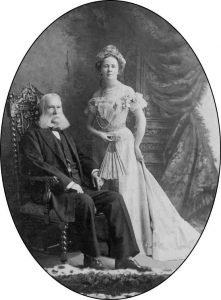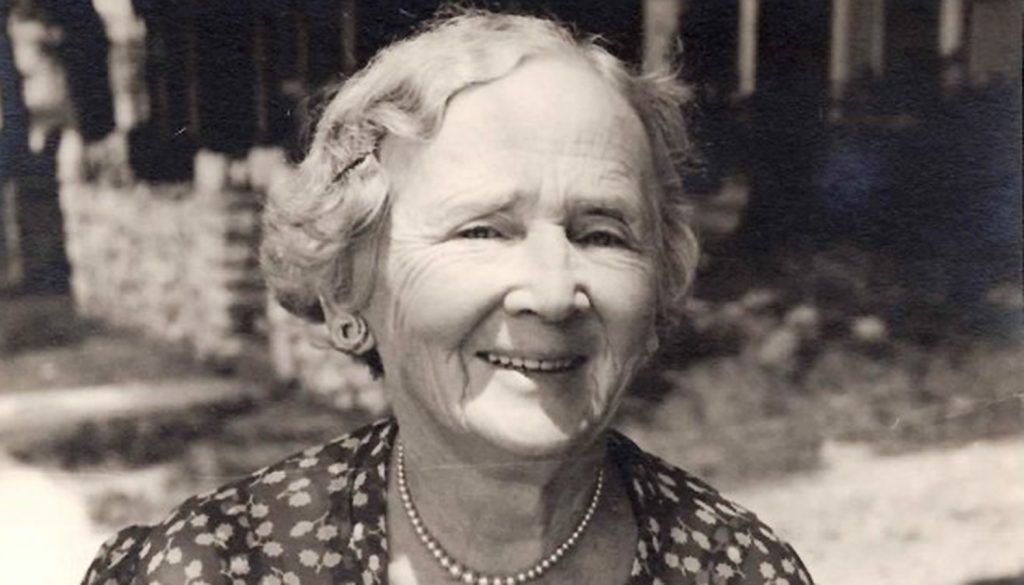I guess pandemics are good for something: Since 2020, more people are reading. Book sales and statistics that track these things have shown a decisive uptick in reading across age demographics. A marketing research company used by Fortune 500 companies is anticipating the global book sales market to reach $159.3 billion by 2028.
The best thing about reading is finding something within the pages of a book that you weren’t expecting. The last thing I expected to find while reading a book about how the United States transformed its peacetime industrial strength into the “arsenal for democracy” during World War II was an inspiring fragment of Catholic history I was heretofore unaware existed.
Buried among chapters of huge stats of aircraft, tank, and munitions production — don’t judge me — was a very “little” story the book took only a couple of paragraphs to tell. It was about a woman working in a B-29 bomber factory in Georgia. An untold “Rosie the Riveter”-style story was not what caught my eye at first, it was the fact she was 80 years old, handled heavy machinery, and according to my book, never missed a day of work.
I was thinking, “What a nice little old lady,” and was ready to get into the bomb-load capacity of the B-29 bomber when the author of the book disclosed her name and how she came about it. Helen Dortch Longstreet was the widow of one of the most iconic and important Confederate generals in the Civil War, James Longstreet. Now I was more than intrigued and I jumped out of the book and started researching this woman.
She was born the year James Longstreet took part in the most important battle in the Civil War at Gettysburg. The math works like this: When Longstreet was a 76-year-old widower he married 36-year-old Helen Dortch. They had common bonds that bridged the gargantuan age gap. They loved each other, they were both intensely mindful of duty to one’s country and community, and they shared a common Catholic faith.
Longstreet was not born to his faith. His first wife, who bore his children, was a devout Catholic. Longstreet eventually converted, much to the shock and awe of his family and friends. Many were further perplexed by Longstreet’s post-Civil War life. He was in the pantheon of idolized Civil War generals just underneath their Zeus, Robert E. Lee.

After the war, Longstreet openly questioned the reason for the conflagration he had an intimate role in stoking, and remained a faithful friend to Ulysses S. Grant. When he embraced the concept of reconciliation as one nation under God with liberty and justice for all, he found himself on the outside looking in at 19th-century Southern society. He may have been on the fringe of decent society, but his attitudes put him more in line with his newfound Catholic faith — even though the personal cost he paid for that was high.
I guess if Helen Dortch Longstreet worried about what people thought, she would not have run her late father’s newspaper when she was barely out of her teens and marry a man who was 40 years her senior. The marriage of James and Helen Dortch Longstreet was a happy if short one — Longstreet died in 1904.
A widow at the age of 41, Helen had only begun to make her mark. She was at the forefront of the suffragette movement; she inherited her husband’s legacy of breaking from the romanticized and destructive Southern view at this time of keeping the embers of the great cause alive through segregation and dehumanizing the African American population. She successfully lobbied the state of Georgia to allow a woman to hold the position of state librarian. You don’t have to guess who the first female state librarian of Georgia was.
She was known for many other acts of charity and kindness, and when she was in her 80s, she had no qualms of going to work in an airplane factory to do her part in the defense of her country.
In 1950, Helen ran for governor of Georgia. Her two main campaign points were promoting integration and doing away with Jim Crow laws. Needless to say, she did not become the first female governor from the Peach State.
I am grateful the name of Helen Dortch Longstreet came my way, completely by accident. It proved once again that learning is a lifelong endeavor, and it was probably a not-so-accidental moment of grace as well.
History can be a great teacher if we become great students. The array of forces in our popular culture that are antithetical to what the Church holds good and pure may be a little different than those faced by these two remarkable people, but if we can be half as courageous as they when it comes to holding to unpopular truths, then we can consider the lesson learned.

